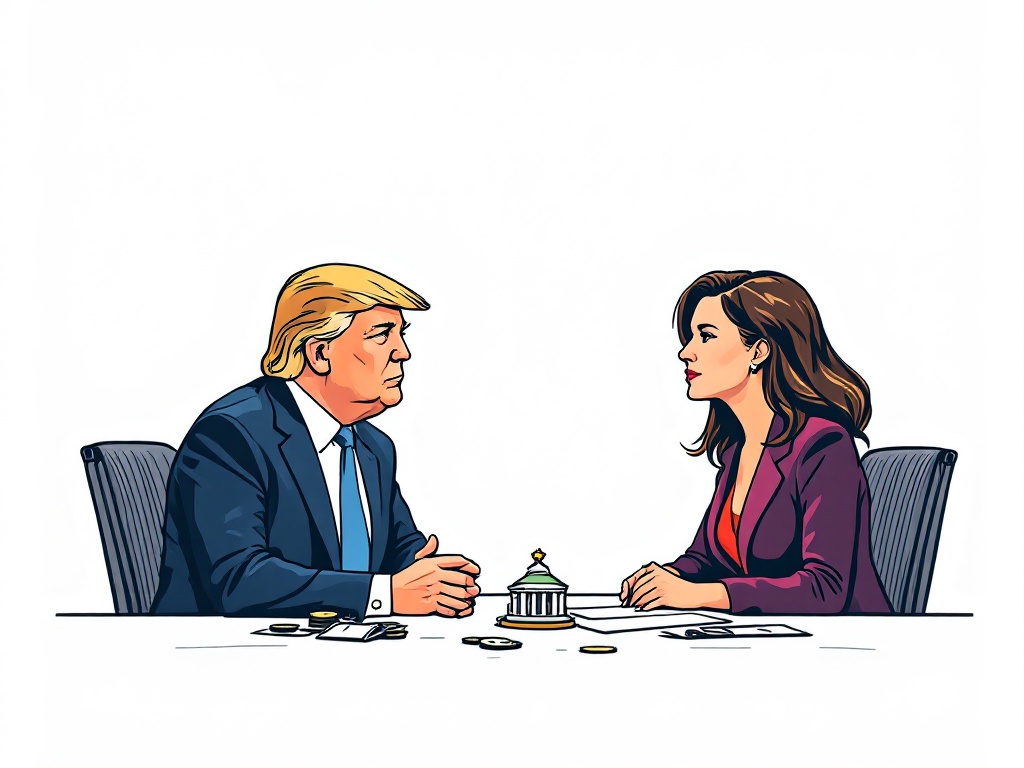Trump Delays Mexico Tariffs After High-Level Negotiations

Washington D.C., Monday, 3 February 2025.
President Trump postpones imposing 25% tariffs on Mexican imports for one month following discussions with Mexico’s President Claudia Sheinbaum, who commits 10,000 troops to border security.
Border Security Deal Prompts Tariff Pause
In a significant diplomatic development, Mexico’s President Claudia Sheinbaum and U.S. President Donald Trump reached an agreement on February 2, 2025, to delay the implementation of a 25% tariff on Mexican imports [1][5]. The deal emerged after Mexico committed to deploying 10,000 National Guard troops to its northern border, specifically targeting drug trafficking and fentanyl smuggling operations [1][2]. This temporary reprieve comes just days after Trump had signed executive orders on February 1, 2025, initially planning to impose sweeping tariffs on Mexico, Canada, and China [3].
Broader Trade Tensions Remain
While Mexico secured a temporary pause, the broader trade landscape remains tense. Trump’s original executive orders included a 25% tariff on Canadian imports and a 10% tariff on Chinese goods [3][6]. The tariffs were justified under the International Emergency Economic Powers Act (IEEPA), citing concerns over illegal immigration and drug trafficking [3]. Canada has already announced retaliatory measures, with Prime Minister Justin Trudeau declaring 25% tariffs on approximately $155 billion worth of American goods [4][5].
Economic Implications and Ongoing Negotiations
The stakes for both nations remain high, as Mexico serves as a crucial trading partner for the United States. Mexico currently stands as the largest provider of cars and car parts to the U.S., along with being a major supplier of TV and computer screens [2]. Negotiations will continue during the one-month pause, led by U.S. Secretary of State Marco Rubio, Treasury Secretary Scott Bessent, and Commerce Secretary Howard Lutnick [2][5]. The outcome of these talks could significantly impact the $300 billion in annual trade flowing through major ports like Laredo, Texas [4].
Path Forward
The next month will be critical as both nations work to address security concerns while maintaining vital economic ties. President Sheinbaum has expressed confidence in achieving results within this timeframe [2], while the U.S. has committed to addressing weapons trafficking into Mexico as part of the agreement [2]. However, with Trump’s broader trade actions targeting multiple nations simultaneously, the international business community remains concerned about potential economic impacts and supply chain disruptions [6][7].
Sources
- www.nbcnews.com
- www.npr.org
- www.bbc.com
- www.texastribune.org
- www.cnbc.com
- www.cnn.com
- www.whitecase.com